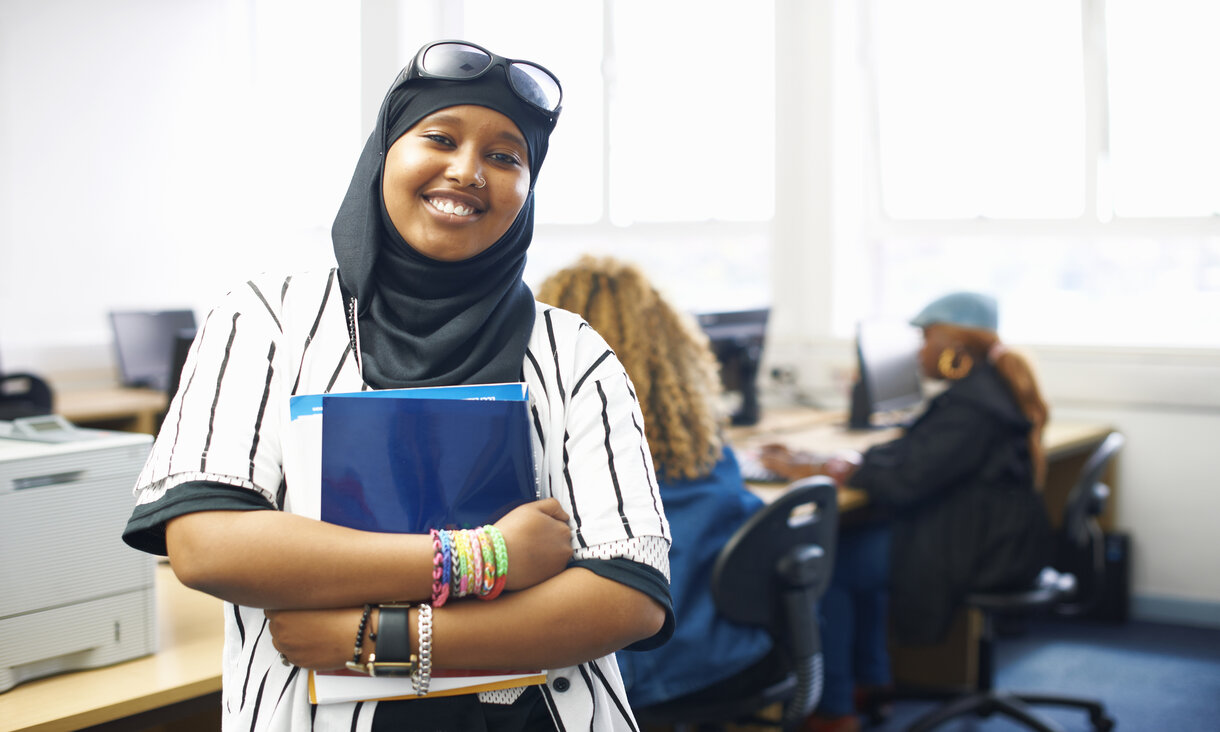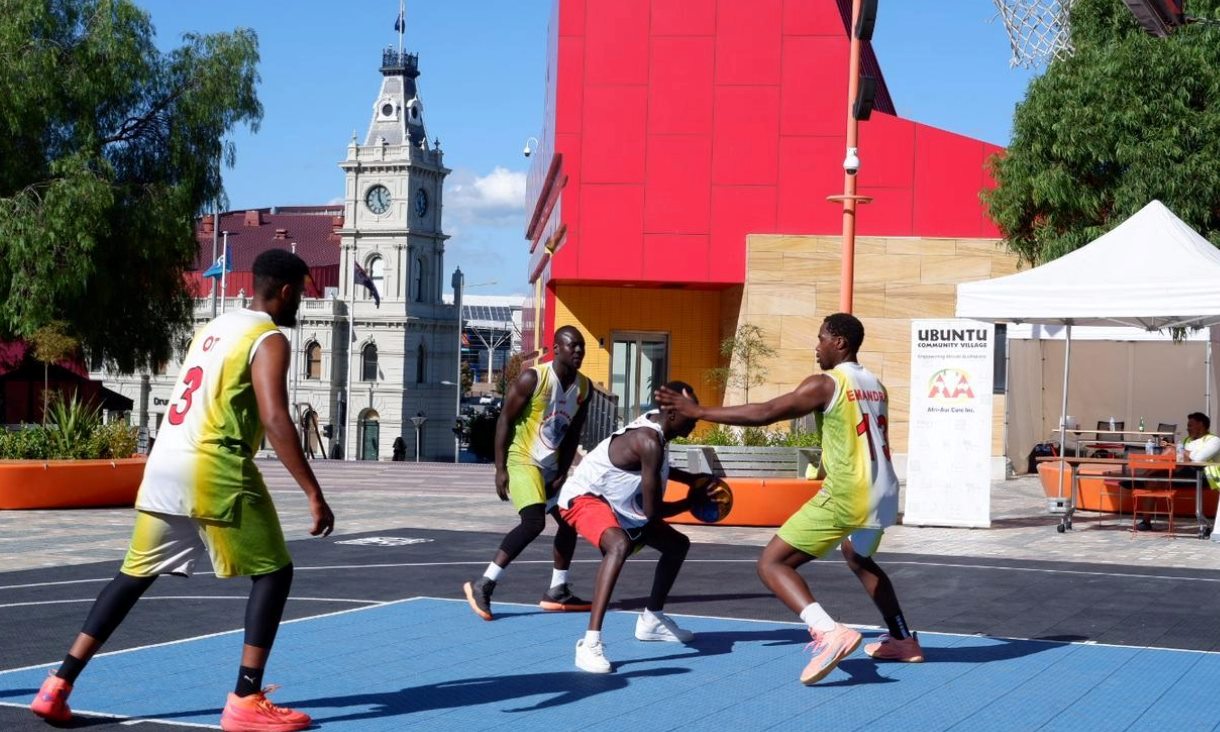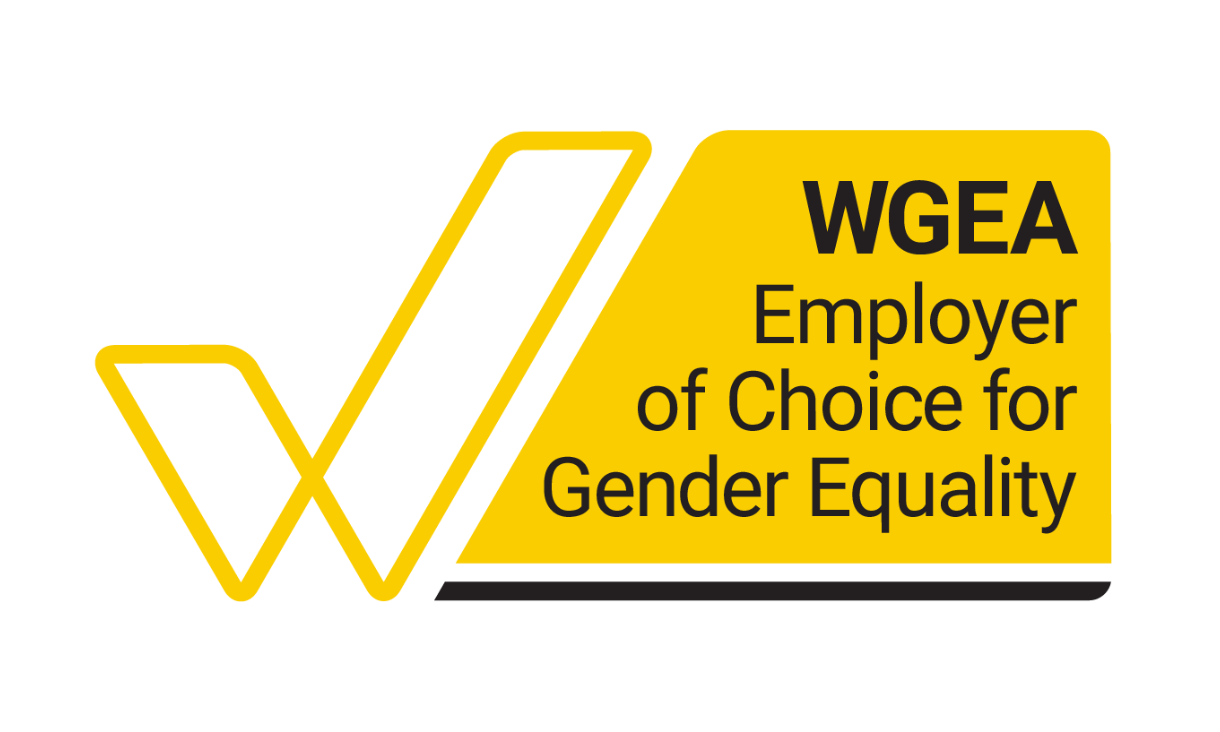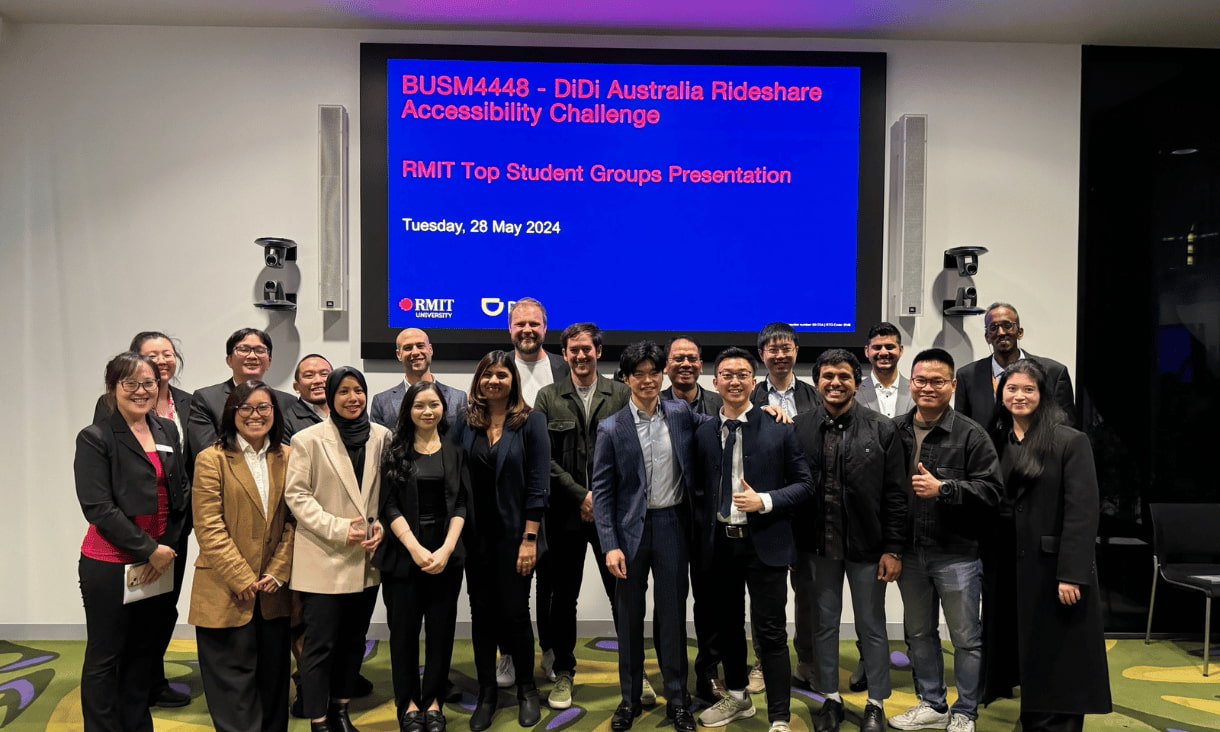Providing sustainable operational funding and business development support
Another area highlighted in the study was the requirement by ASEs to generate increased commercial revenue, made more difficult due to the pandemic.
It found this commercial requirement impacted upon their financial sustainability and was seen by key staff as detracting from core activities to support young people.
On the other hand, ASEs with funding streams that supported longer term planning and operational costs reported greater capacity to create positive social outcomes and develop enterprise streams.
To ensure financial stability across ASEs, the study recommended looking at ways to provide enterprises with sustainable operational funding and business development support.
Co-author of the policy brief, the School of Education’s Professor Peter Kelly said society needed to recognise both the good ASEs performed but also the challenges they faced in trying to do that.
“We need to find ways to ensure they don’t have to spend so much time focusing on how to generate income in the context of a recession and can instead concentrate on the social good that’s their core business,” he said.
This business involves working with young people at risk of homelessness, who have been in prison, or have disengaged from school due to mental health issues or are from migrant and refugee backgrounds.
Young people from a range of backgrounds have been disproportionately affected by unemployment and precarious employment since the Global Financial Crisis and, more recently, by the COVID-19 pandemic, according to the report.
And those growing up in varied circumstances of disadvantage were more vulnerable than most to disengagement from work and study and to long term unemployment.
“Social enterprises offer real promise in meeting the most pressing needs of the most marginalised groups of young people but how they are supported to do that social good is the challenge,” Kelly said.
The policy brief is based on the research project, Arts-based Social Enterprises and Marginalised Young People’s Transitions (2017-2021), supported by the Australian Research Council’s Discovery Projects funding scheme.
Story: Diana Robertson





